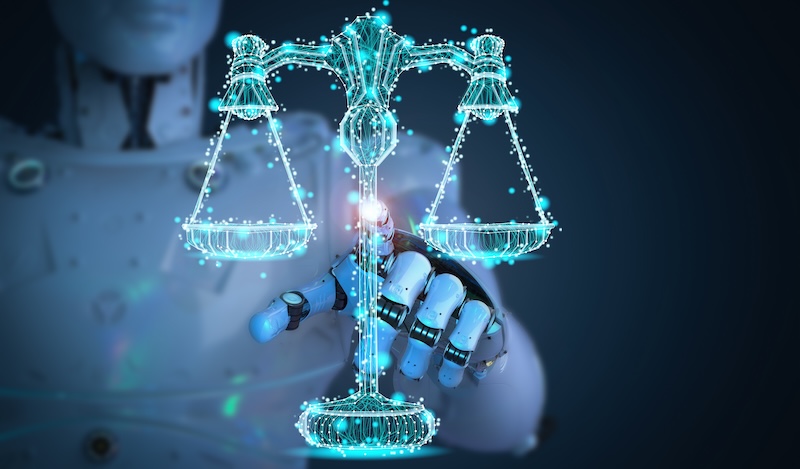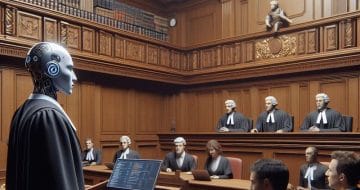Human input remains crucial

A new report has shed light on senior judges’ views on AI, highlighting both the areas of their work that could benefit from the technology and their concerns about its use.
The study used focus‑group discussions with 12 judges from across the UK judicial hierarchy, including five members of the Supreme Court, to dig into a range of attitudes towards AI.
A certain amount of enthusiasm for the technology was shown. One judge summarised AI’s benefits as “increasing productivity, reducing cost and reducing some of the drain on resources that we all have” while another commented that, “Anything that can improve efficiency and productivity whilst ensuring we don’t lose the essence of what justice is, is exciting and to be welcomed.”
The discussion on productivity seems to have centred on “boring” bulk administrative tasks such as disclosure exercises, bundling and summarising cases. There were also suggestions that AI could handle “small claims” as well as a possibility that AI could be used to create versions of judgments that could be easily understood by a child or by the general public.
Despite these benefits, there were many areas of judicial work that judges felt required a necessary human element. In cases which involve prison sentences or removing children from their parents, this human element was thought to be especially important. “People take comfort from having a human face, a human decision maker,” one participant commented. There was additional concern about the decisions AI might make in these sensitive cases, “Law is not a matter of pure logic,” was the view of one judge, “you need a practical, humane result to a problem if it’s humanly possible.”
Furthermore, a sense emerges from the report that these judges like being judges and are reluctant to share the most interesting parts of their workload with AI. “There’s a lot of people here [in the judiciary] who rather like hanging around law libraries,” one commented, reflecting on the “satisfaction of problem solving” and “following the footnotes.”
To the suggestion that AI could be used to produce judgments, another participant objected on the grounds that, “each of us, I think, enjoys writing, possibly in our own style.” Another comment reads, “When we come out of a case, we all meet together and discuss what we think about it and why. We can’t have a room of robots doing that.”


